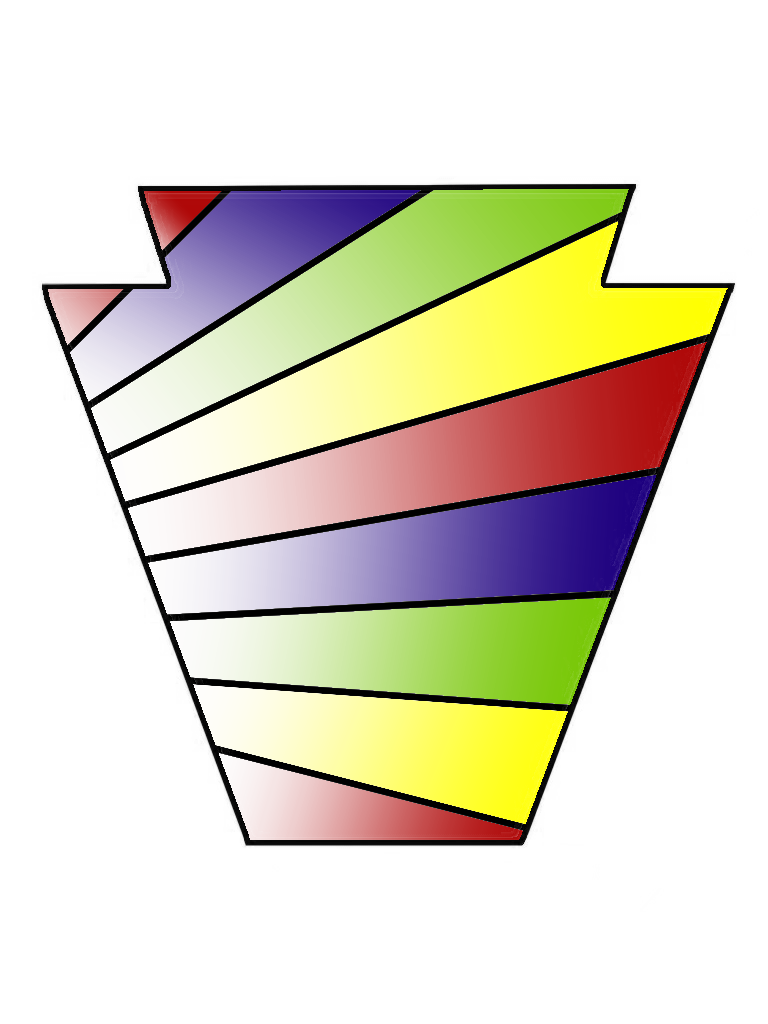Derek Cordier, Esquire
LAW OFFICE
319 South Front Street
Harrisburg, PA 17104
Phone: 717 919-4002
Fax: (717) 230-1931
derek@derekjcordier.com
A CAKEWALK
THE FUNDS
We raised approximately $10,250.00. for amfAR, the American Foundation for AIDS Research. I did so, thanks to all of my friends, family, and anyone I could harange into donating.
Once the money was raised, a $500.00 donation of my own would be required, and I would also be paying for the cost of the airfare. I then qualified to go with amFar, the American Foundation for AIDS Research, on a Trek through the Namib Desert in Namibia.
Upon arriving in Johannesburg, South Africa, I was told by the administrator of the Trek that although Peter from Hollywood raised the most money (approximately $39,000.00). I, “by far” had the most numerous donations (over 60 seperate donations).
Of the 20 or so Trekkers, Almost everyone was from New York City. Those not from New York included one person from Hollywood, one from D.C., a doctor from Providence, Rhode Island, and me representing Harrisburg, Pennsylvania. Every person on the trip had a very interesting life story to tell, which made the trip a truely unforgetable experience.
The first night in Johannesburg, I stayed in one of the most luxurious hotels on earth, a hot bath after the 24 hour plane trip was more than welcome. Llittle did I know what was to come. . .
THE TREK
Here are the highlights. No fresh or running water, no bathrooms, sleeping in tents, heat up to 108 degrees in the daytime shade, and down to 40 degrees at night. Awakened at 6:00 a.m. with a hardy “wakey - wakey” from the London Firefighter guide. Had breakfast and then hiked to sundown. We hiked from 10 to 16 miles a day for six days through the most hostile environment I could have ever imagined.
The second and fifth days were the most arduous. Those were the two days that the local Namibian guide, Corbus, took us to places he had never been. The second day, after lunch, we hiked up and down an extinct volcano. The volcano was made up of boulders ranging in size from softball to Volkswagen. It took hours to walk a mile. We made it to camp at sunset. I was so exhausted by the time we came down from the top of the volcano I literally thought I was going to pass out. I had befriended a guy from Manhattan named Michael, who insisted on taking my pack. That was just an example of how our group got along.
The last night of the Trek Corbus mentioned two people. One of them was me. He said that every time he would hike the volcano he would remember me. I clearly must have looked close to death.
The fifth day at lunch time it was announced that those who did not feel strong enough to continue should take the truck as it was going to be a difficult seven mile hike. About a third of the group was smarter than the rest of us.
The Namibian guide took us up a mountain piled high with slate. When we came close to our destination we came upon a 1000 foot high cliff that went straight down. The doctor assigned to the Trek, Ourno, even said “oh my God” when he saw the cliff. It looked like something only mountain climbers with ropes would attempt to descend. We were told that anyone with vertigo would have to go back the way we came. Somehow Corbus led us down without injury. I felt high as a kite upon reaching the bottom.
THE CLINIC
There are 1.1 million people in the U.S. (2007), with HIV or AIDS.
In the Namibian city of Walvis Bay, where we visited an AIDS outreach center, the percentage of those affected was at one time up to 28%. That percentage was lowered to 17% by the Center’s efforts. However, some villages in Africa have an infection rate of 70%. The children in Walvis Bay have nothing to do after school. They are having sex at ages as low as ten. There is no movie theater. In fact, they don’t even have paper and pencils. There are 60,000 people living in Walvis Bay and there are about 300 bars, some built with boxes. The owners do not care who they serve, even though the drinking age is 18. The kids end up drunk and then have unprotected sex.
LESSONS
I learned so much from raising the funds and surviving the Trek. HIV and AIDS affects everyone, not just those living and dying with the disease. Giving back and working together are the most important ways to make the world a better place.
Before the Trek I did not really understand why we were doing the Trek. Why not just raise the money? Well for me, the Trek was life changing. The real lesson for going, was that I realized that compared to the lives of those living and dying with HIV/AIDS, and their familes, friends, and loved ones, the Trek was a cakewalk.
THANK YOU to all of the donors, especially those that are struggling financially, but donated anyway.



